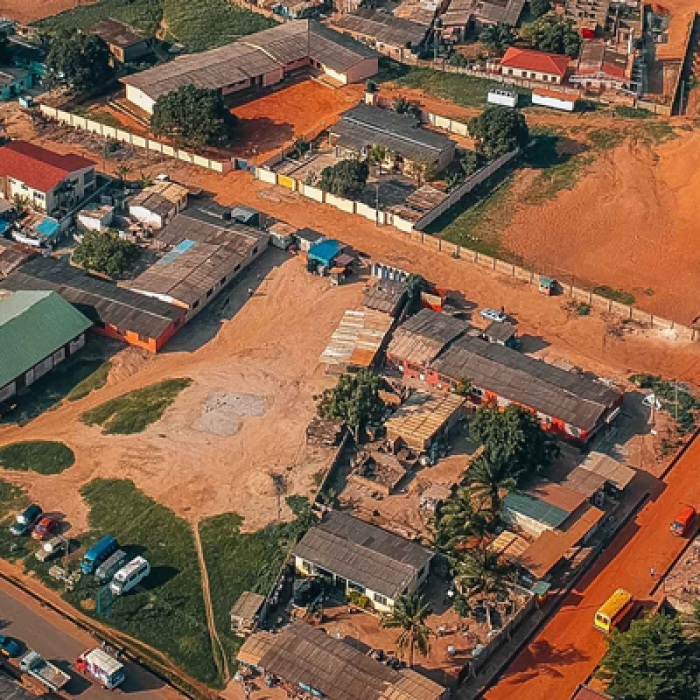Health and Well-Being
Science and Technology
Research and Creative Activity


Ghana
Ghana Stories
Faculty Research & Creative Activity in Ghana
Abimbola Adelakun
African and African Diaspora Studies
Abimbola Adelakun researches Pentecostalism, performance, religion and spirituality, as they intersect with digital culture. She teaches courses in spirituality and performance, dramatic literature, travels and African cosmopolitan identity, and modern Nigerian culture.
Rowland Atiase
Accounting
Rowland Atiase's research interests include financial reporting, capital markets, and cost and management accounting.
Charles Carson
Musicology & Ethnomusicology
Charles Carson is a musicologist whose interests are African-American/American expressive cultures, popular music, jazz, film music, and music and culture.
John Doggett
Management
John Doggett's work focuses on global competition, entrepreneurship, sustainability, and energy.
Minette Drumwright
Advertising & Public Relations, Business, Government and Society
Minette Drumwright's research centers on ethics, leadership, corporate social responsibility, and communication for nonprofit organizations.
Veit Erlmann
Musicology & Ethnomusicology
Veit Erlmann is a cultural historian, anthropologist and ethnomusicologist. His areas of interest include music and popular culture in South Africa and Indonesia, sound studies, and the anthropology of intellectual property law.
William Forbath
History, Law
William Forbath's research concerns the role of law in the creation of the modern American state, social and economic rights in the courts, and social movements of South Africa. His interests also include constitutional law, civil procedure, the intersection of social and constitutional theory, the history of the American labor law and of the New Deal, populist movements in American history, and legal and constitutional history.
Sean Gulick
Earth and Planetary Sciences, Institute for Geophysics
Sean Gulick focuses on geophysical imaging at nested resolutions and scientific drilling to examine impact cratering, tectonic processes, climate interactions, catastrophism in the geologic record, and planetary habitability. Current foci are the Chicxulub K-Pg impact and terrestrial craters, impact hydrothermal systems and planetary habitability, Lunar/Martian geophysics, tectonic hazards, and hi-res imaging for sedimentary climate records.
Daniel Nielson
Government, Teresa Lozano Long Institute of Latin American Studies
Daniel Nielson's research focuses on international development, foreign aid, the control of corruption, and international organization. He specializes in the use of transnational field experiments to learn about causal effects in political economy.
Abena Dove Osseo-Asare
History, Medicine
Abena Dove Osseo-Asare studies medicine and science in African societies. Her research includes the ways that communities share medical and scientific knowledge and how differential access to knowledge shapes global health.
Samantha Pinto
English, African and African Diaspora Studies
Samantha Pinto's research explores the discourses of race, gender, and human rights along with science in the African American and African Diaspora culture.
Timothy Shanahan
Earth and Planetary Sciences
Timothy Shanahan’s research group uses a combination of geochemical and stable isotopic proxy reconstructions of past climate along with climate model simulations to understand past and future climate change. The focus is the use of organic geochemical and stable isotopic techniques applied to marine, lacustrine and terrestrial sediment records to understand changes on time scales ranging from interannual to millennial, and orbital to tectonic.
Elliot Tucker-Drob
Psychology
Elliot Tucker-Drob’s research addresses the questions of how and why different people progress along different life trajectories. His research on infant, child, and adolescent development primarily focuses on how social and educational experiences combine with genetic variation to impact cognitive development, and mental health over time.
